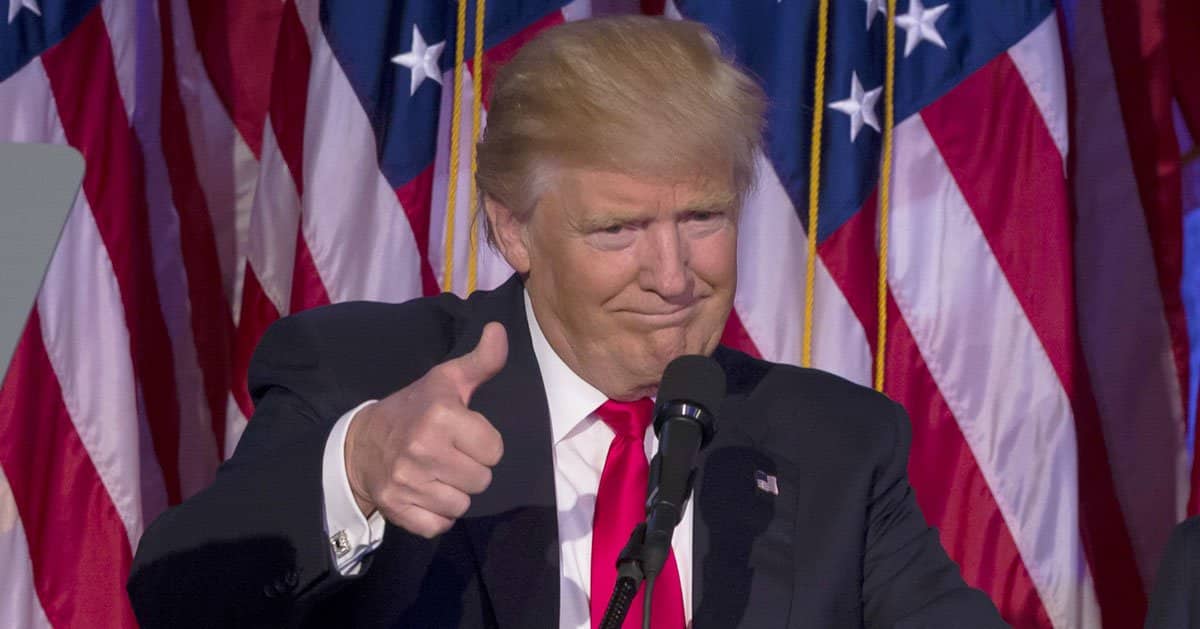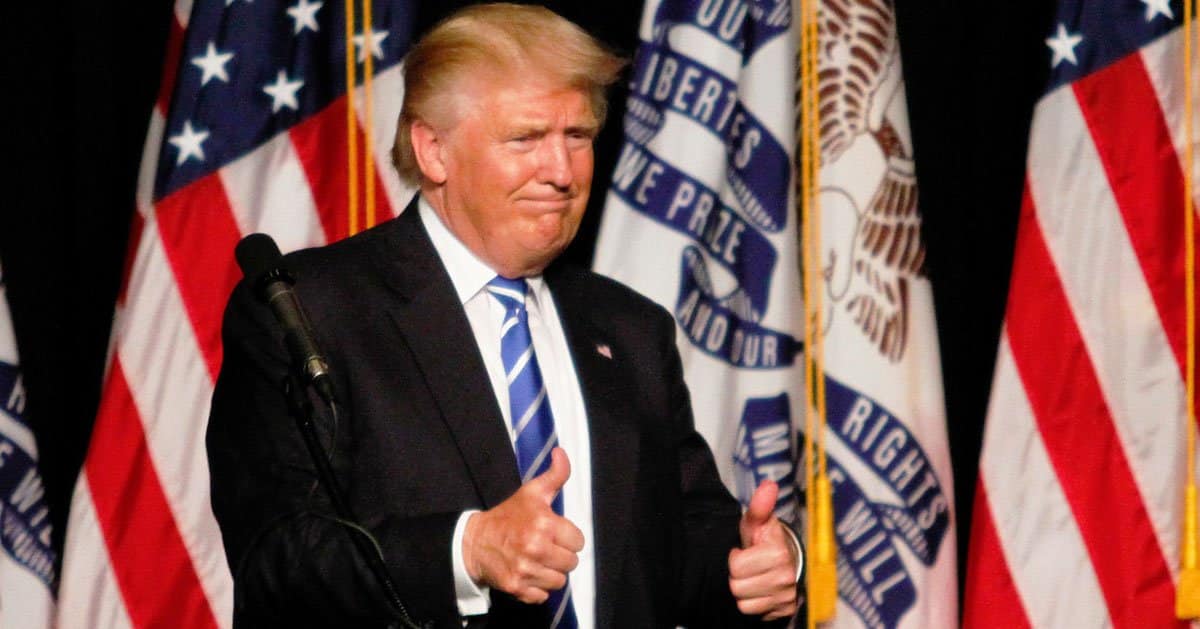








Personal finance expert Dave Ramsey voiced strong opposition to Vice President Kamala Harris' recent economic proposal, which seeks to implement federal price controls on groceries to combat what she describes as "price gouging."
Fox News reported that Ramsey discussed his concerns during an appearance on "The Ingraham Angle," where he argued that such measures are not only ineffective but also unsustainable.
Harris is expected to unveil her economic plan during a speech in Raleigh, North Carolina, on Friday.
The plan, which is said to carry a progressive populist orientation, is aimed at addressing the rising costs of groceries and other essentials.
Harris's proposal specifically targets what she describes as excessive pricing by corporations, an issue her campaign claims is unrelated to actual business costs.
During the interview, Ramsey expressed skepticism about the effectiveness of federal price controls, drawing comparisons to similar efforts in the 1970s.
He recalled a period when inflation was rampant, leading to the widespread implementation of price controls across various sectors. According to Ramsey, these controls failed to deliver the intended results, and he warned that a similar outcome could be expected today.
Ramsey emphasized that the key to lowering prices lies in increasing supply rather than imposing artificial restrictions. He argued that flooding the market with more goods, such as oil or labor, would naturally drive down prices through the basic principles of supply and demand.
In contrast, he warned that government intervention in the form of price controls would only serve to temporarily suppress prices, leading to greater economic instability in the long run.
Harris's campaign has defended the proposal, arguing that there is a clear distinction between fair pricing in competitive markets and the excessive pricing practices that the plan seeks to address.
The campaign suggests that the proposed measures would empower the Federal Trade Commission (FTC) and state attorneys general to take action against companies that engage in price gouging, thereby protecting consumers from unjustified price hikes.
Ramsey, however, remains unconvinced. He pointed out that artificially capping prices can create a "pressure buildup," which could eventually lead to even higher prices once the controls are lifted. He stressed that free-market economics, which allows prices to adjust naturally based on supply and demand, is a more sustainable approach to managing inflation.
Ramsey's criticism highlights broader concerns about the long-term impact of government-imposed price controls on the economy.
He cautioned that while the intention behind Harris' proposal may be to protect consumers from rising costs, the actual outcome could be the opposite. By interfering with the natural pricing mechanisms of the market, the government risks creating more significant economic problems down the road.
In his discussion, Ramsey reiterated that historical attempts to control prices through government intervention have often led to unintended consequences. He argued that a focus on increasing supply—whether it be through more abundant resources, labor, or goods—is a more effective strategy for reducing prices and curbing inflation.
Ramsey's perspective offers an alternative approach to addressing inflation. Instead of relying on price controls, he advocates for policies that would boost production and increase competition within the market. By doing so, he believes that prices would naturally decrease, benefiting consumers without the need for government intervention.
The debate over Harris' economic plan underscores the ongoing challenges that policymakers face in addressing inflation and ensuring economic stability. While the proposal aims to protect consumers from unfair pricing practices, critics like Ramsey argue that it may do more harm than good in the long run.


